The Walking Blog
-
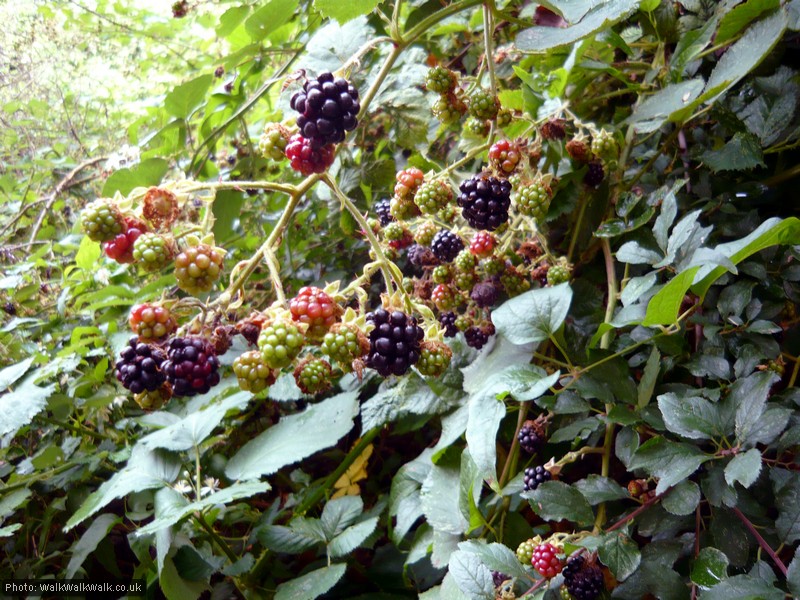
Foraging and the law
Yes – we did promise that we’d said our last words on the subject for a while, and that’s nearly true, since the purpose of this post is to draw readers’ attention to a useful article on the BBC Magazine website this morning.
-
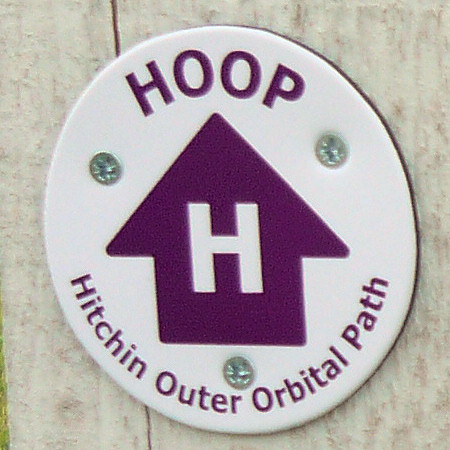
Looping the HOOP
If you’re reading along in an RSS reader (and, by the way, if you are we’re very grateful for your interest) you may find it worth your while to pop along to the site and have a look at the latest walk that we have added.
-
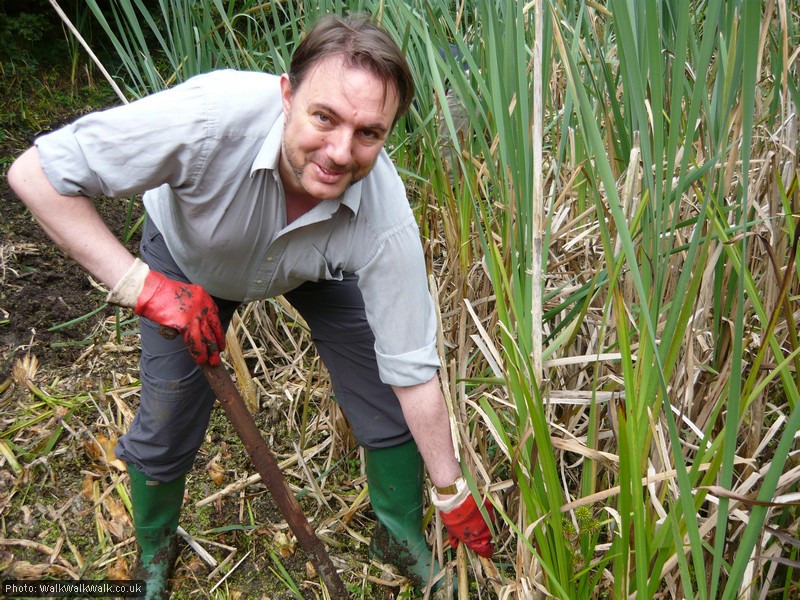
Wetland
Our local common is maybe nine-tenths close-mown grass. But the remaining tenth, the bit that isn’t a playing field, an exercise area for dogs, a play park or a BMX track, is a precious bit of wildlife habitat being maintained in the face of scrub, ubiquitous litter and threats of invasive development.
-
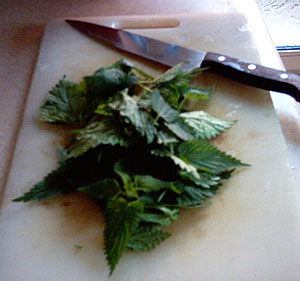
The last word on foraging
Normal service will resume shortly and this blog will return to its proper subject, walking, rather than lingering on things that you can do while walking, such as foraging enticing free foodstuffs out of the hedgerows.
-
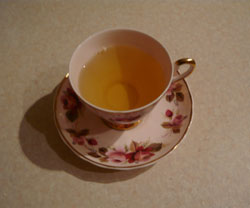
Foraging for nettles
And so our autumn experiment in wild food continues – with nettles. It’s all very well picking fruit, and almost a civic duty to collect blackberries, but when you venture into weeds – and aggressive ones to boot – that’s a whole new level of experimentation. But it’s an urge that won’t die, so we…
-

Food for free
Hedgerows on the local footpaths are bursting with fruit – the expected blackberries, but also sloes, wild plums, apples, greengages and elderberries. Who could resist?
-

The Chiltern Hundred
This is the story of a challenge that is quite different from, say, walking the South West Coast Path or some other long-distance trail. Nevertheless, it needs planning, persistence and ingenuity as well as the ability to complete a walk of around 26 miles, although that can be sub-divided into three shorter sections if you…
-
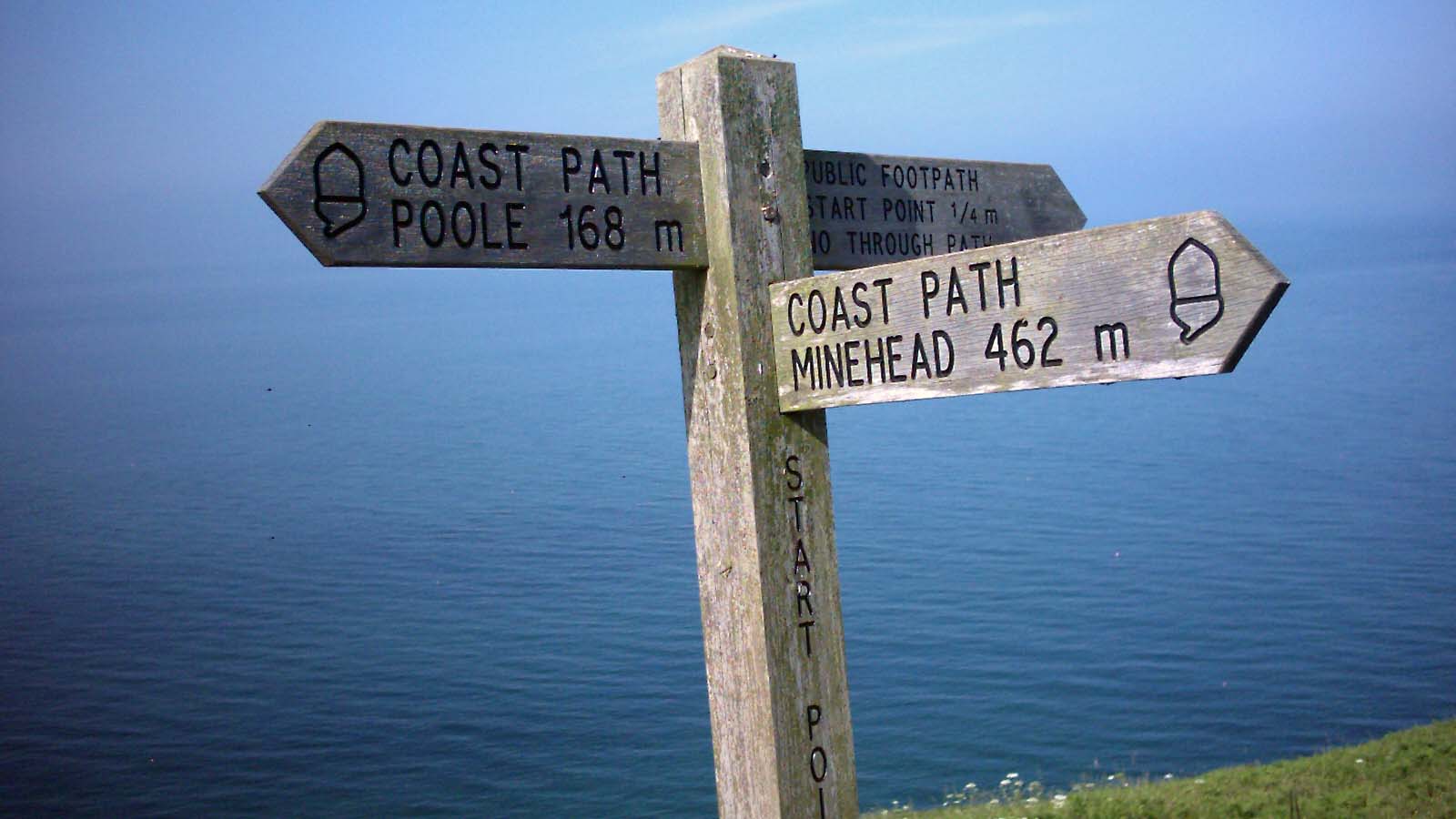
Reed-cutting
In this part of the county there’s very little wetland – so one local patch is looked after by the council’s countryside management service to ensure that this important habitat is looked after properly.